Northumbria University leads pioneering research to tackle hidden lead exposure in children
Pioneering research launches in Leeds to test new approach to assessing the risk to children from hidden lead exposure.

Pioneering research launches in Leeds to test new approach to assessing the risk to children from hidden lead exposure.

Equipment developed by researchers at Northumbria University, in collaboration with key industry partners, to improve the health and fitness of astronauts has received further research funding after being used in space for the first time.

Professor Ioannis Vogiatzis from Northumbria University received the prestigious 2025 European Respiratory Society Teaching Award and was appointed Director of ERS Educational Programmes, recognising his extensive contributions to respiratory medicine and education over 25 years.

A pioneering partnership between Northumbria University and award-winning community charity Healthworks is making significant strides in tackling health inequalities across the North East.
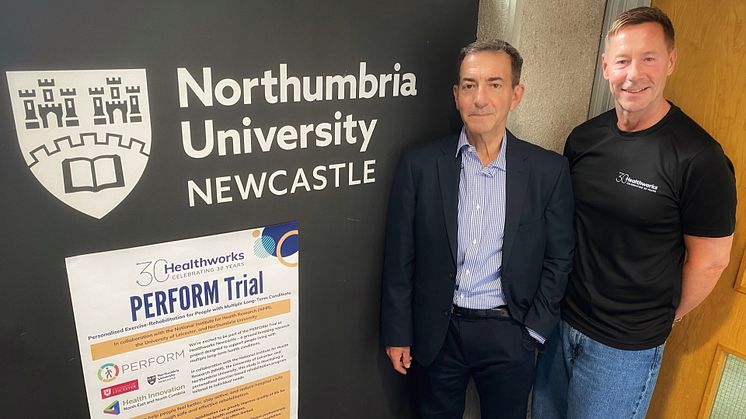
Evidence of the permanent impact of smoking on people’s teeth has been uncovered by researchers for the first time. Researchers from Northumbria University have discovered that smokers have tell-tale signs of their smoking habits ingrained deep within their teeth, which remain even after a person has quit.
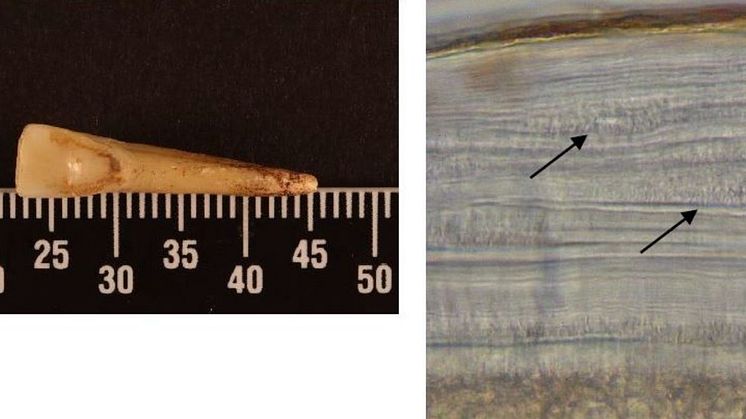
Northumbria University academics have been awarded £1.2m to further their research into how viruses carried naturally in breast milk can potentially be used to promote gut health in premature babies.
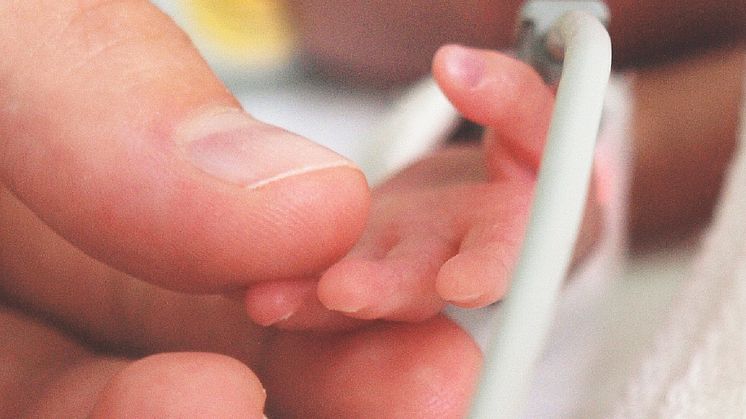
Two biomedical sciences researchers from Northumbria University have been awarded grants to further their innovative work by the Academy of Medical Sciences.
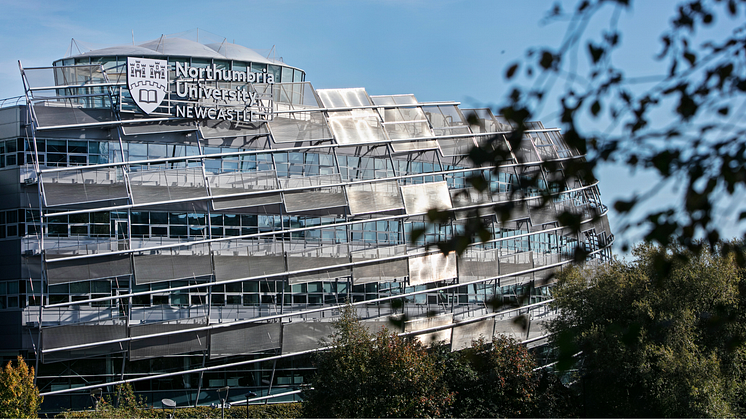
Major improvements could be made to the development and production of mRNA-based vaccines and medicines after a university and industry consortium received funding to investigate how AI and machine learning can speed up manufacturing processes.

The director of Northumbria University’s Physiotherapy Innovation Laboratory has been awarded a prestigious fellowship worth over £1 million to lead research which aims to improve the mobility of people living with Parkinson’s disease.

Researchers are urging UK governments to introduce expert clinicians across all health services to co-ordinate better treatment for people with serious mental health illness and substance use problems.

Studies to improve the way we monitor and test for lead poisoning in children and communicate data through sound have been awarded more than £1.1 million through a new UKRI funding scheme announced today.
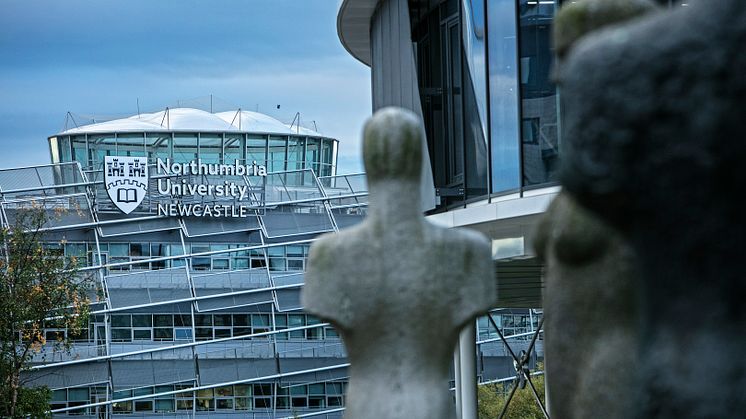
The death of a spouse or partner is ranked as one of the most stressful life events most people will experience. Researchers at Northumbria University are working to explore and evidence how navigating widowhood during the pandemic, at a time when restrictions on contact with others and gatherings including funerals were imposed, had an impact on health and wellbeing.
Northumbria University’s Nursing Degree Apprenticeship has been shortlisted for the Nursing Apprenticeship Provider of the Year award in the Student Nursing Times Awards 2024.
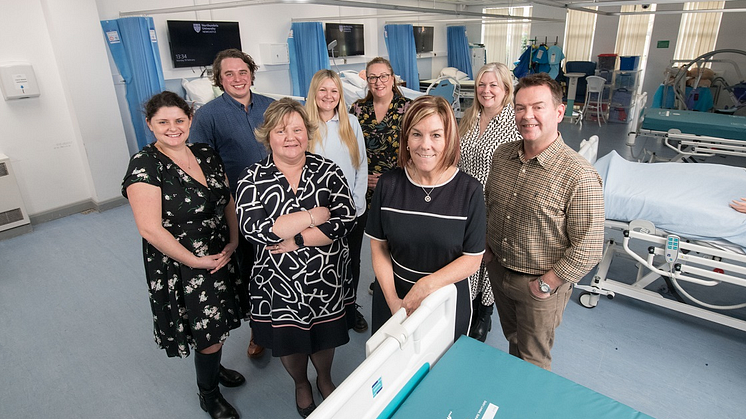
A new study involving Northumbria University has revealed scans of 390 babies show distinct patterns between term and preterm babies in the dynamic (moment-to-moment) connectivity of brain networks.
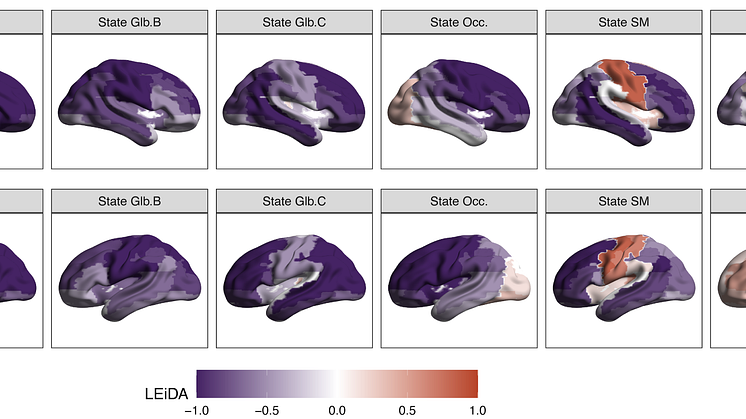
As the public inquiry into the UK’s response to Covid-19 continues, new research led by Northumbria University academics shines a light on the impact of moving patients from hospitals to care homes in England during the pandemic.

Researchers from Northumbria University and Boğaziçi University have developed a contact lens that can detect changes in eye pressure, an early sign of glaucoma. The lens contains micro-sensors that monitor intra-ocular pressure over several hours and send the data wirelessly for analysis. The technology has been successfully tested on six participants and will undergo further study.
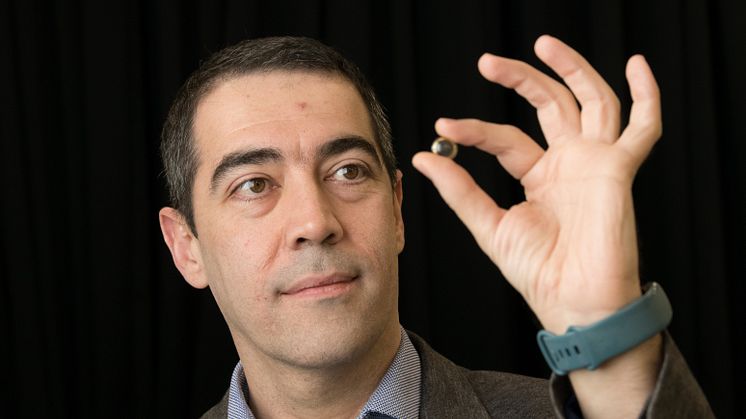
Space health experts at Northumbria University have won a global competition that will enable them to explore blood flow restriction training among astronauts during spaceflight.

In an article written for The Conversation*, Leigh Riby, Cognitive-Neuroscience Professor at Northumbria University discusses the recent breakthrough in neuroscientific research which suggests that music – both sad or happy – has therapeutic healing powers linked with emotional recognition and brain re-engagement.
A pioneering multi-disciplined team of researchers from Northumbria University and Imperial College London has received funding for a novel study that will explore biological, psychological and social factors associated with brain health in female military veterans.
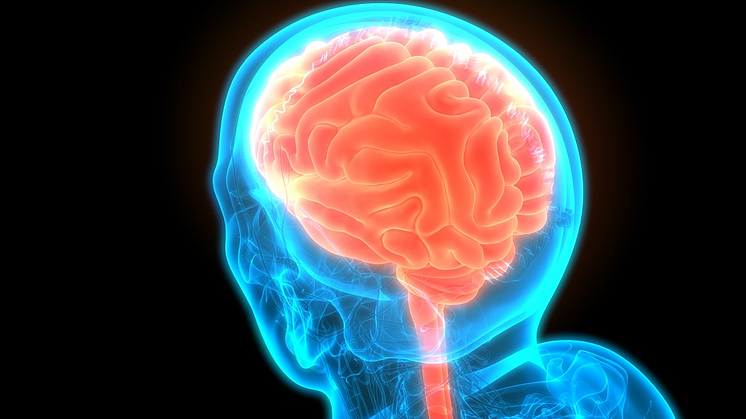
The life-changing passion and commitment of a Northumbria academic has been recognised with a prestigious award.
